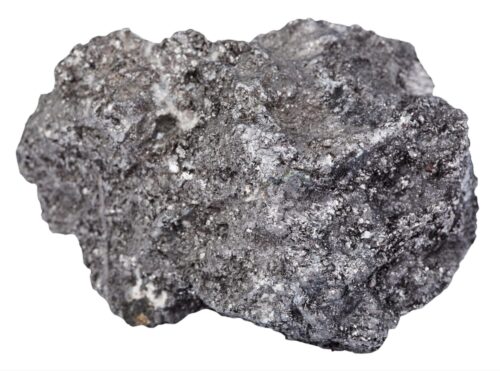‘Try anything when in a desperate situation’ — phrase of the week
NIO's efforts to enter the competitive mobile phone market may seem like a natural progression, but it's not going to be easy and the company might be doing it for the wrong reasons.

Our phrase of the week is: Try anything when in a desperate situation (病急乱投医 bìng jí luàn tóuyī).
Context
Chinese electric vehicle brand NIO is hoping to build smartphones, according to leaks on social media.
If the rumors are true, NIO will be entering a cutthroat market dominated by companies like Apple, Huawei, and Xiaomi.
This is not the first time NIO has entered a new field, and it’s not the first EV company to diversify into manufacturing mobile phones (造机 zàojī).
As in any fast-moving tech sector in China, the major brands are fiercely competitive. The EV sector is no different: NIO and its competitors are always looking for a new edge to compete against incumbents in their own industry and in other sectors.
Some observers are not convinced (in Chinese) that NIO’s move into mobile phones is going to work:
蔚来急于发展副业是必然,但“病急乱投医”并不可取
It is no surprise that NIO is keen to develop other business lines, but it must avoid doing so because it’s in a desperate situation.
Translation
Try anything when in a desperate situation, or Turn to any doctor to help when critically ill, can also be translated as Do something for the wrong reasons in this context.
It’s a Chinese proverb (谚语 yànyǔ), which can be traced back to the 18th-century classic novel Dream of the Red Chamber (红楼梦 hóng lóu mèng).
Try anything when in a desperate situation can mean making bad choices, or doing the wrong thing in a crisis.
NIO’s move into mobile phones is not a crisis, but perhaps the decision is being made for the wrong reasons, as internet users put it:
蔚来造手机,还不如先把车做好
NIO making mobile phones? Why not focus on making good cars first?
If you enjoyed this, check out Andrew Methven’s Slow Chinese 每周漫闻 newsletter, a resource to help you master modern Mandarin, and understand how people speak Chinese today.






